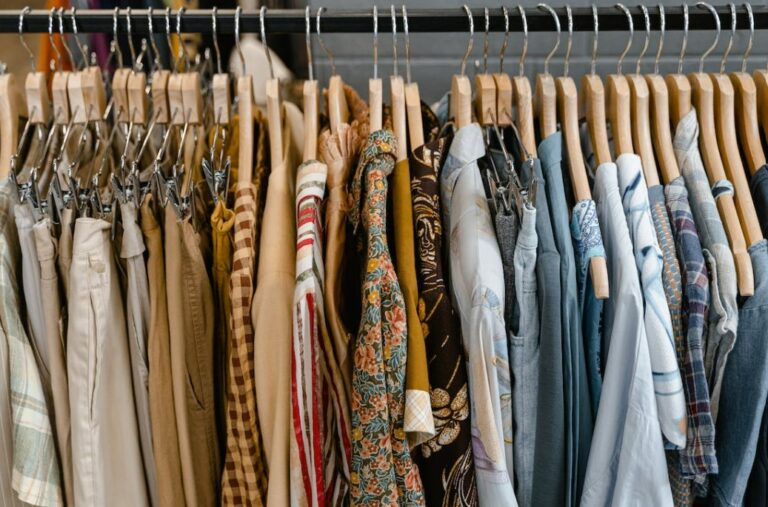REMIRA, an international company specialising in intelligent solutions for supply chain management and omnichannel commerce in the fashion and luxury industry, has recently introduced WebLabel. This is an innovative software application that provides accurate and detailed information about textile, leather goods and footwear products on the fashion market.
This innovative solution aims to improve product transparency and provide greater clarity to consumers about products purchased in the fashion industry.
Table of Contents
The environmental impact of the fashion industry
The fashion industry has long been in the spotlight for its environmental implications. While fashion can be an expression of creativity and personal style, it is also one of the most polluting industries in the world.
The industry has a significant impact on the environment, which goes beyond the emission of greenhouse gases. Fabric production requires the intensive use of natural resources, such as water and land, while the use of toxic chemicals during the dyeing and finishing process can pollute water and damage ecosystems.
Furthermore, the ‘fast fashion’ model and the rapid change of trends have led to a huge waste of clothes and textile waste, which often ends up in landfills.
The fashion industry and the environment: a growing awareness
The fashion industry pollutes, and a lot. It is estimated to be responsible for 10% of global carbon emissions, exceeding the total emissions generated by all international flights and shipping combined. It also contributes to 20% of global drinking water pollution.
However, there is a positive note. According to the report ‘How Brands Can Embrace the Sustainable Fashion Opportunity‘ by Bain & Company and WWF, 65% of consumers say they care about the environment.
More and more people are realising the importance of sustainable clothing and are looking for brands that adopt ethical and eco-friendly practices. At the same time, companies are responding to this demand and taking measures to reduce pollution and improve their sustainability.
Read also: What is clothes swapping: a sustainable solution to avoid fashion waste
The Digital Product Passport
Precisely in order to protect the environment and the interests of consumers themselves, operators in the fashion supply chain are devoting more and more attention to the ecological aspects of production.
The aim is to ensure greater durability and reuse of products, focusing on eco-design and the use of recycled raw materials.
But how is this to be achieved? One of the planned actions is the introduction of the Digital Product Passport (DPP). This is an innovative solution that enables all stakeholders, including consumers, to better understand the products they buy and their impact on the environment.
WebLabel: simplifying labelling in fashion
A first step was taken by REMIRA, an international group specialising in intelligent solutions for supply chain management and omnichannel commerce in the fashion and luxury industry.
They have developed WebLabel, a software application that addresses the main labelling issues in a simple and effective way. This solution aims to avoid unpleasant penalties or customs blocks resulting from errors in the application of destination market-specific rules.
WebLabel, already adopted by major brands in the fashion world such as Ermanno Scervino, Guess, Luisa Spagnoli, Peuterey and many others, offers numerous advantages.
This innovative solution makes it possible to quickly and efficiently generate correct labels that comply with the specific standards of the target markets. In addition, it enables optimal labelling management for special items such as leather, fur and down decorations, and offers automatic translation of descriptions in as many as 42 languages.
With WebLabel, REMIRA’s goal is to contribute to making the fashion world more sustainable by promoting a circular economy.
At the same time, it offers new business opportunities to industry players, helps consumers make sustainable choices and enables authorities to verify compliance with legal obligations.
Read also: Stop to greenwashing on labels: what the EU wants to do with the Green Claims Directive












